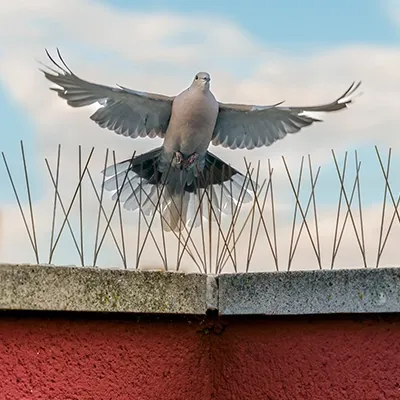Click To Call > (800) 966-7673
Bioremediation is the process of using living things, principally bacteria, to clean up waste, pollutants, and other unwanted organic substances. At Rose Pest Solutions, we use bacteria to digest fats, oils, and greases in drains and grease traps.
The fats, oils, and greases that go down our drains and into the environment can be detrimental in many ways. Besides the clogs and odors they cause, collecting and disposing of these bio-hazardous waste products cost a lot of money. Rose Bioremediation Services provide live microbes that eat fats, oils, and greases and reduce all the headaches involved with drain management.
Utilizing a unique combination of microbes carefully selected for their ability to efficiently digest fats, oils, and greases, Rose Bioremediation Services can handle most drain management problems, leaving nothing but CO2 and water.
You're pumping out your grease trap more than 2 or 3 times a year.
You're being cited or fined by the local wastewater treatment district for your effluent.
Your drains emit foul odors and are constantly clogged.
You regularly call a plumber to snake out or hydro jet your drain line.

Rose Pest Solutions uses proven strategies for the removal of nuisance birds from all types of structures. Rose programs are targeted to manage common pest birds such as pigeons, starlings, sparrows, seagulls, geese, and some less common pest birds. Our special service teams utilize Integrated Pest Management (IPM) strategies and are experienced in many methods of pest bird removal including specialized exclusion, netting, trapping, scare tactics, and even relocation.

Our canine inspections have proven invaluable in the detection of bed bugs.
CLICK HERE > For more information on Bed Bug prevention and control.